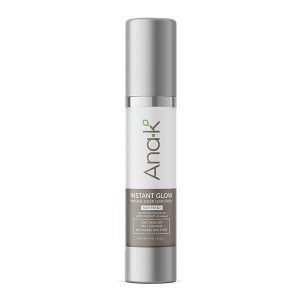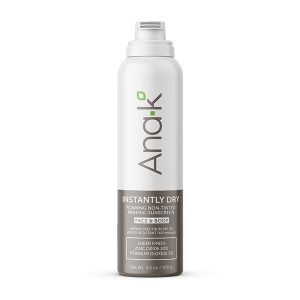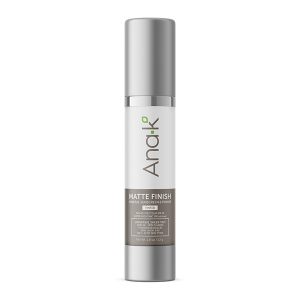
What is the Ingredient in Sunscreen That Burns Your Eyes?
Just when we learned the importance of daily sunscreen usage, here comes a revelation that almost no one could have seen coming…. your sunscreen may cause cancer! Alright, before we get ahead of ourselves, let’s dive into some of the information currently available online relative to the aforementioned statement.
Recently, corporate giant, Johnson & Johnson – a household name – announced the discountenance of five of its aerosol sunscreen products after samples were found to contain low levels of benzene. What is benzene? A chemical linked to blood cancers such as leukemia.
These are some of the products that have been recalled:
- Beach Defense Aerosol Sunscreen
- Cool Dry Sport Aerosol Sunscreen
- Invisible Daily Defense Aerosol Sunscreen
- Ultra Sheer Aerosol Sunscreen
- Aveeno Protect + Refresh Aerosol Sunscreen
It is quite disappointing to learn, but a relief, and as the information continued to spread like wildfire, Johnson & Johnson made a statement, “While benzene is not an ingredient in any of our sunscreen products, it was detected in some samples of the impacted aerosol sunscreen finished products.” Just how much benzene was detected remains a mystery but while that may not be the reason for your eyes burning when you wear sunscreen, it’s always a good idea to scan the ingredients list of any new products you intend on using—whether for your body or face.
Related articles: Travel Beauty Essentials
Related articles: Benefits of Vitamin C for the Skin
Organic sunscreen such as our Matte Finish Sunscreen Broad Spectrum SPF 40 contains active ingredients such as titanium dioxide and zinc oxide—best for those with oily and acne skin types. A full ingredients list can be found on our website and while taking a look, please note, the absence of avobenzone. Avobenzone is the culprit behind that stinging unpleasant feeling around your eyes, even during normal, non-sweaty daily activities.
While some activities can increase the chance of burning it is important to invest in products where it reads, “tear-free” on the packaging. If you notice eye irritation only when you swim or sweat, choosing a water-resistant formula is an easy fix. Also, here are some immediate steps you can take if and when that burning sensation begins to disrupt your day: remove contact lenses. Wearing contact lenses while wearing a chemical-based sunscreen can cause eye irritation and so, you should remove lenses right away.
Please wash your hands before doing this.
Next, flush your eyes with lubricating eye drops. Our recommendation is, Refresh Tears Eye Drops, Lubricant, 0.5 Fl Oz. Once the eyes have been flushed thoroughly it is important to continue using every hour to ease any pain. Avoid rubbing your eyes as this will only further irritate them. If your eyes are feeling uncomfortable, close your eyes and let them rest.
It is maybe easy to avoid burning eyes when you’re using sunscreen—choosing a physical sunscreen versus chemical and avoiding ingredients such as avobenzone, there are some instances where you’re just having a good time out or you find yourself hastily adding your sunscreen that you inadvertently get some directly into your eyes. One thing is for sure, you never want to apply sunscreen directly on your face. Apply it first with your hand, and then to your face, meticulously to avoid the eyes.
As previously mentioned, our sunscreens are made with only two active ingredients: titanium dioxide which is good for filtering UV by blocking the absorption of the sun’s ultraviolet light that can cause sunburn which is also linked to skin cancer. Another active ingredient of ours, zinc oxide, is commonly used for preventing minor skin irritations. Both ingredients are chemical-free and therefore won’t sting or cause irritation.
Takeaway:
Avoid sunscreen near your eyes altogether and opt for 100% UV-blocking sunglasses and a wide-brimmed hat to shield the sun from your eyes.
Written by Courtney Guy
Photo by RF._.studio from Pexels




